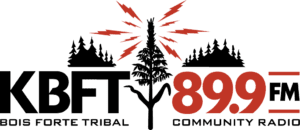Navajo Nation Council Speaker Crystalyne Curley and Law and Order Committee Chair Eugenia Charles-Newton both remarked that President Biden’s apology is an unprecedented first step toward healing. Photo courtesy Navajo Nation Council
Native American children during the boarding school era
LAVEEN VILLAGE, Arizona — Today, Speaker Crystalyne Curley and Council Delegate Eugenia Charles Newton were in attendance as U.S. President Joe Biden acknowledged the somber legacy of Native American boarding schools in the United States, during an event held in the Gila River Indian Community.
The event was marked by a formal apology from President Biden to survivors of boarding schools and their descendants, recognizing the lasting impacts of government policies that sought to strip Indigenous people of their languages, cultures, and identities through forced assimilation.
During his remarks, President Biden called for a moment of silence in remembrance of hundreds of thousands of Native American children who were impacted by the boarding school system that forcefully removed them from their homes, aiming to assimilate them into mainstream American culture. Generations of Indigenous children experienced loss of language, culture, and community. Many suffered physical and mental abuse, and many lost their lives.
“I formally apologize as President of the United States of America for what we did,” said President Biden. “It’s long overdue.”
Speaker Curley said that while the apology does not undo the generations of harm and devastation inflicted on Indigenous people, she commends President Biden for taking an unprecedented step toward healing and reconciliation.
“President Biden’s apology is a critical acknowledgment of past injustices and wrongdoings by the federal government, and it lays the groundwork for continued healing,” said Speaker Curley. “This moment is both a recognition of what our children endured and a commitment to a better future where our voices, cultures, and traditions are protected and celebrated.”
U.S. President Joe Biden offered a formal apology to survivors of boarding schools and their descendants at an event held in the Gila River Indian Community. Photo courtesy Navajo Nation Council
The event brought together tribal leaders, boarding school survivors, and federal officials from across the country to witness a significant moment that highlights the resilience of Indigenous communities and the adversities endured by survivors and their families.
In June 2021, Secretary Haaland launched a comprehensive effort known as the Federal Indian Boarding School Initiative, to recognize the troubled legacy of past federal Indian boarding school policies with the goal of addressing the intergenerational impact and shedding light on past and present trauma in Indigenous communities.
The Department of the Interior released the second and final volume of their investigative report called for as part of the Initiative, which expands on the number and details of institutions to include attendee deaths, the number of burial sites, and participation of religious institutions and organizations. It also includes policy recommendations for consideration by Congress and the Executive Branch to continue to chart a path to healing and redress for Indigenous communities.
The report showed that Navajo children experienced the greatest number of deaths than any other tribe during the boarding school era.
Delegate Charles-Newton emphasized that while an apology is significant, it must be accompanied by concrete actions to support Native communities.
“This apology is a first step, but real progress will come when we invest more in tribal sovereignty, language revitalization, education, mental health support, and public safety,” stated Delegate Charles-Newton.
Moving forward, the 25th Navajo Nation Council, alongside tribal leaders and federal partners, will work to ensure the government fulfills its responsibility to Native communities.


